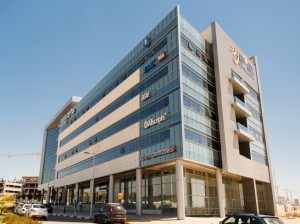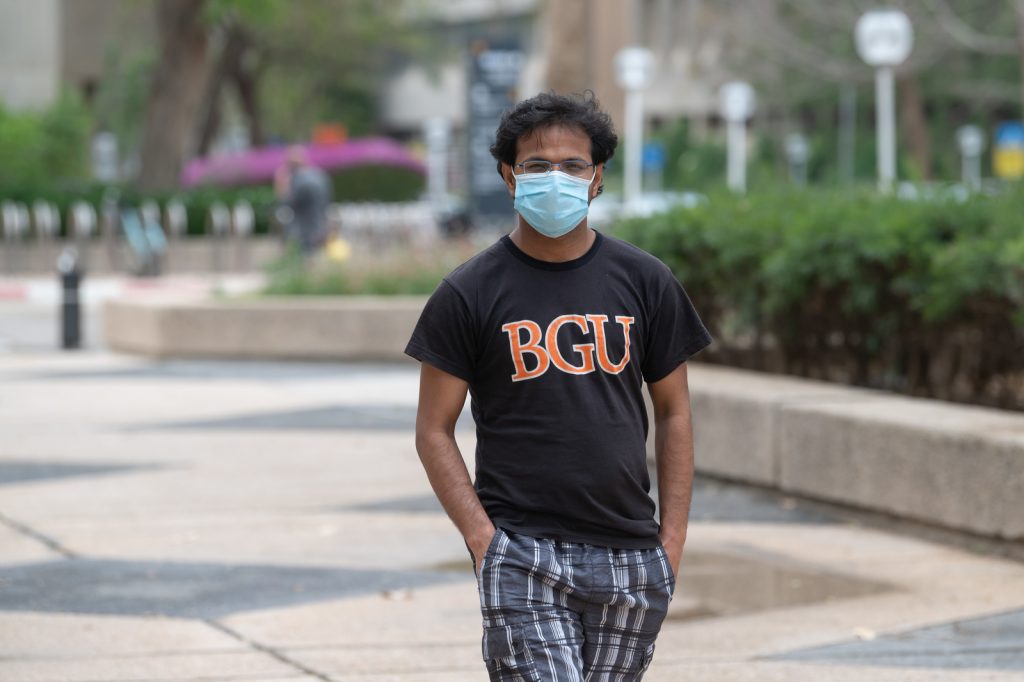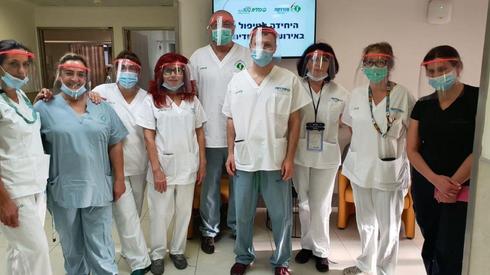
Israeli High-Tech Flourishes in the Negev
Israeli High-Tech Flourishes in the Negev
March 22, 2018
Business & Management, Robotics & High-Tech
United with Israel – In 2013, the first building in the Ben-Gurion Advanced Technologies Park (ATP) in Beer-Sheva was inhabited. The park was built right outside the campus of and in conjunction with BGU, with the vision of creating an ecosystem to nurture innovation and entrepreneurship.
The park is also adjacent to the site which is set to become the IDF’s future technology campus, where the military plans on consolidating its various cyber and high-tech units.
Five years later, the ATP is home to nearly 2,000 employees working for 70 different high-tech companies, including local branches of multinational corporations such as Dell, IBM, EMC, and Deutsche Telekom. In January 2015, Brandeis International Business School named Beer-Sheva among seven cities poised to be a global leader in technology and life sciences.
The ATP continued to flourish, and in early 2015 welcomed a new player, Tech7, into its growing community. Established by a group of young BGU students, graduates and faculty alongside industry figures, Tech7 is an umbrella organization aiming to bring together different startups and entrepreneurs, creating synergy between them and promoting support of local technology initiatives.
On March 7, BGU and Tech7 hosted a delegation of international journalists, who were presented with five ambitious projects being developed by some of the community’s most promising startups.
They were shown a colonoscopy kit by a startup called Consis Medical, which does away with the tube camera traditionally used in such procedures, and replaces it with a partially disposable pill-cam system.
While the traditional colonoscopy method involves using a long tube, which is reused and must be thoroughly sterilized between uses – a feat which is difficult with large medical products, not to mention time consuming [and costly], the kit only reuses the tiny pill cam, while the balloon system, which acts as the tube, is disposable.
Another presentation was made by Echo Care, a company that is developing an elderly care home observation system that employs radar technology developed by Elbit Systems in order to determine if an elderly person is in a state of distress or danger, or has fallen down – a common catalyst to many medical complications with the elderly.
The system, which can be installed in any home or assisted living facility, tracks the movements of the subject, as well as their respiration and other factors, and cross references those different bits of information in order to determine whether the subject is in actual distress, and can determine the nature of a fall and whether or not it was severe.
It was Israel’s first prime minister, David Ben-Gurion, who envisioned the Negev as the future of Israel, calling upon the masses to “make the desert bloom,” before he himself retired to the southern kibbutz of Sde Boker. “It is in the Negev that the creativity and pioneering vigor of Israel will be tested,” said Ben-Gurion.
In 2018, it cannot be more apparent that he was definitely on to something.
By Yona Schnitzer, a fellow of Americans for Ben-Gurion University’s 2018 Murray Fromson Journalism Fellowship




